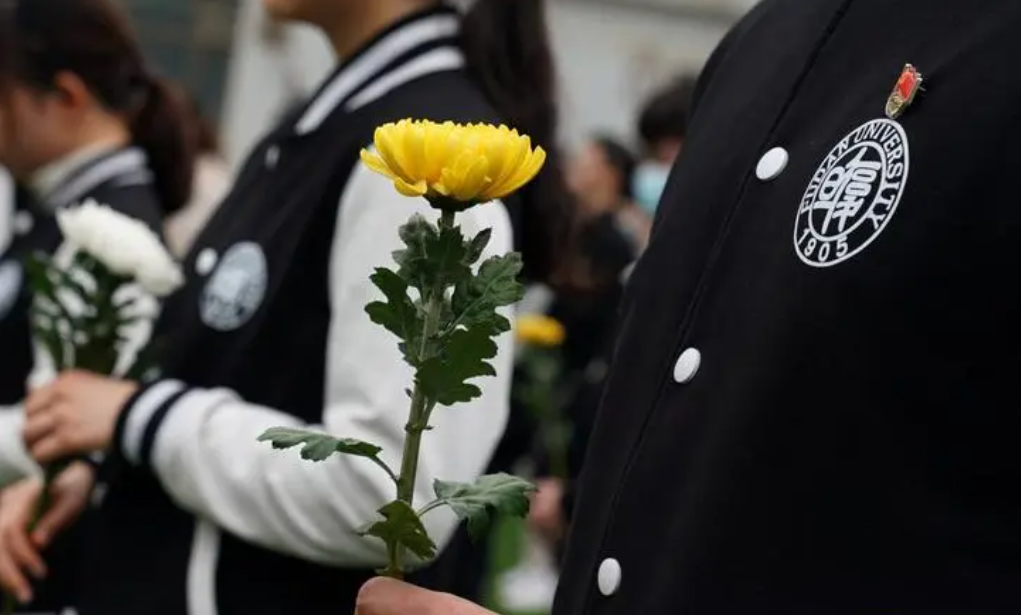Qingming Festival, also known as Tomb-Sweeping Day, is a traditional Chinese festival that holds great significance in Chinese culture. It is a time for families to honor their ancestors, pay respects to the deceased, and enjoy the arrival of spring. This festival, which falls on the 15th day after the Spring Equinox, typically occurs around April 4th or 5th on the Gregorian calendar.
The Qingming Festival has a history dating back over 2,500 years and is deeply rooted in Chinese tradition. It is a time when people visit the graves of their ancestors to clean and sweep the tombs, offer food, burn incense, and make offerings as a sign of respect and remembrance. This act of honoring the deceased is a way for families to express their gratitude and show filial piety, a core value in Chinese culture.
The festival also holds great importance in terms of its cultural and historical significance. It is a time for people to reflect on the past, remember their roots, and connect with their heritage. The customs and rituals associated with Qingming Festival have been passed down through generations, serving as a link between the past and the present. This connection to tradition and history is a vital aspect of Chinese culture, and the Qingming Festival plays a key role in preserving and celebrating these customs.
In addition to its cultural significance, the Qingming Festival also marks the arrival of spring and the renewal of nature. As the weather becomes warmer and flowers begin to bloom, people take the opportunity to enjoy outdoor activities such as flying kites, taking leisurely walks, and having picnics. This celebration of nature’s rebirth adds a joyful and festive atmosphere to the solemnity of honoring ancestors, creating a unique blend of reverence and merriment.
The festival’s customs and traditions are deeply ingrained in Chinese society, and its observance reflects the values of family, respect, and harmony. It serves as a reminder of the importance of maintaining strong family ties and honoring one’s roots. The act of tomb-sweeping is not only a way to show respect for the deceased but also a means of fostering unity and solidarity among family members.
In modern times, the Qingming Festival has evolved to accommodate the changing lifestyles of people. While the traditional customs of tomb-sweeping and paying respects to ancestors remain central to the festival, many also take the opportunity to travel, relax, and enjoy the beauty of nature. It has become a time for family gatherings, outings, and cultural activities, allowing people to both honor their heritage and appreciate the joys of spring.
In conclusion, the Qingming Festival holds a special place in Chinese culture, serving as a time to honor ancestors, connect with tradition, and celebrate the arrival of spring. Its customs and rituals reflect the values of filial piety, respect, and harmony, and its observance continues to be an integral part of Chinese society. As a festival that bridges the past and the present, the Qingming Festival remains a cherished and meaningful tradition for the Chinese people.
https://www.incubatoregg.com/ Email: Ivy@ncedward.com
Post time: Apr-03-2024





